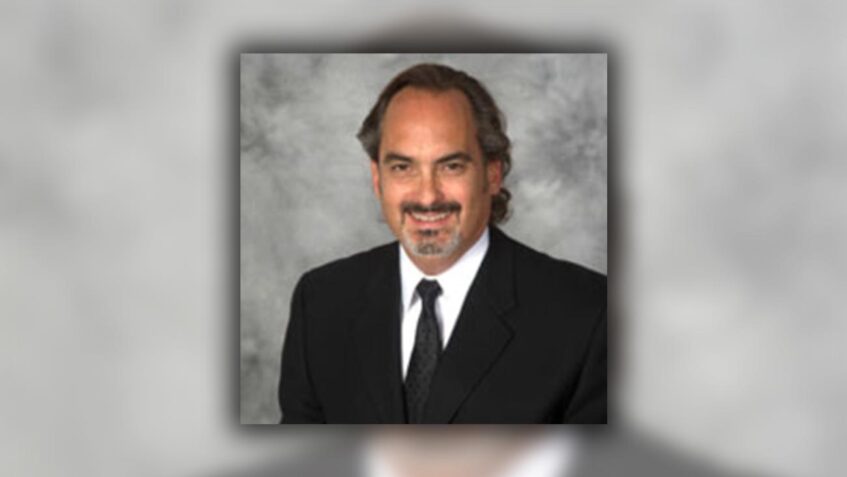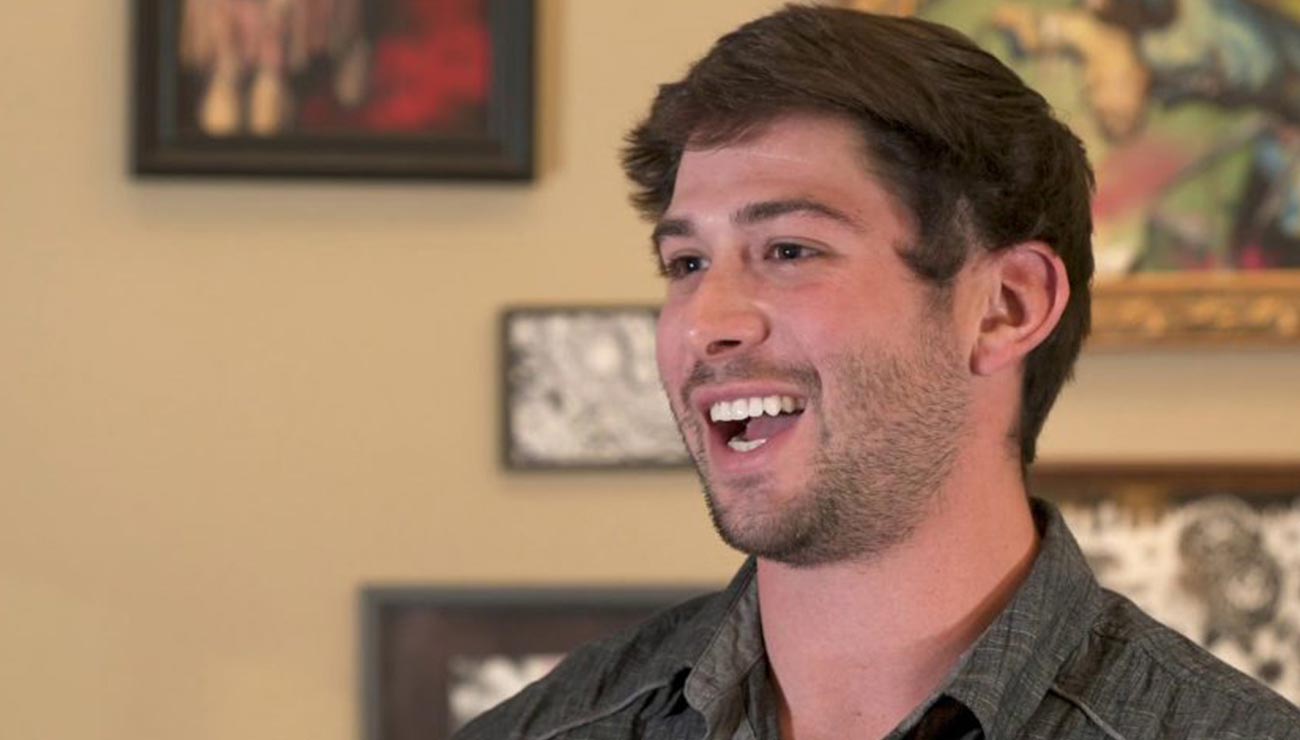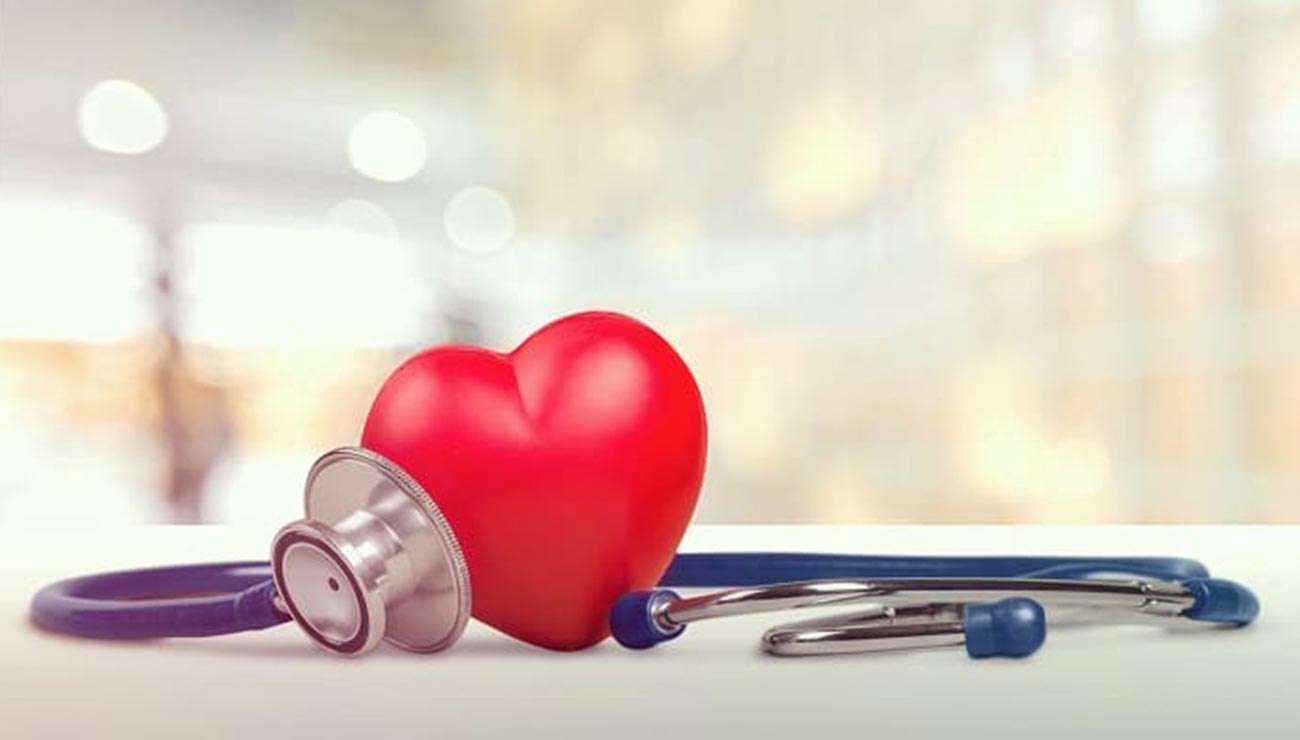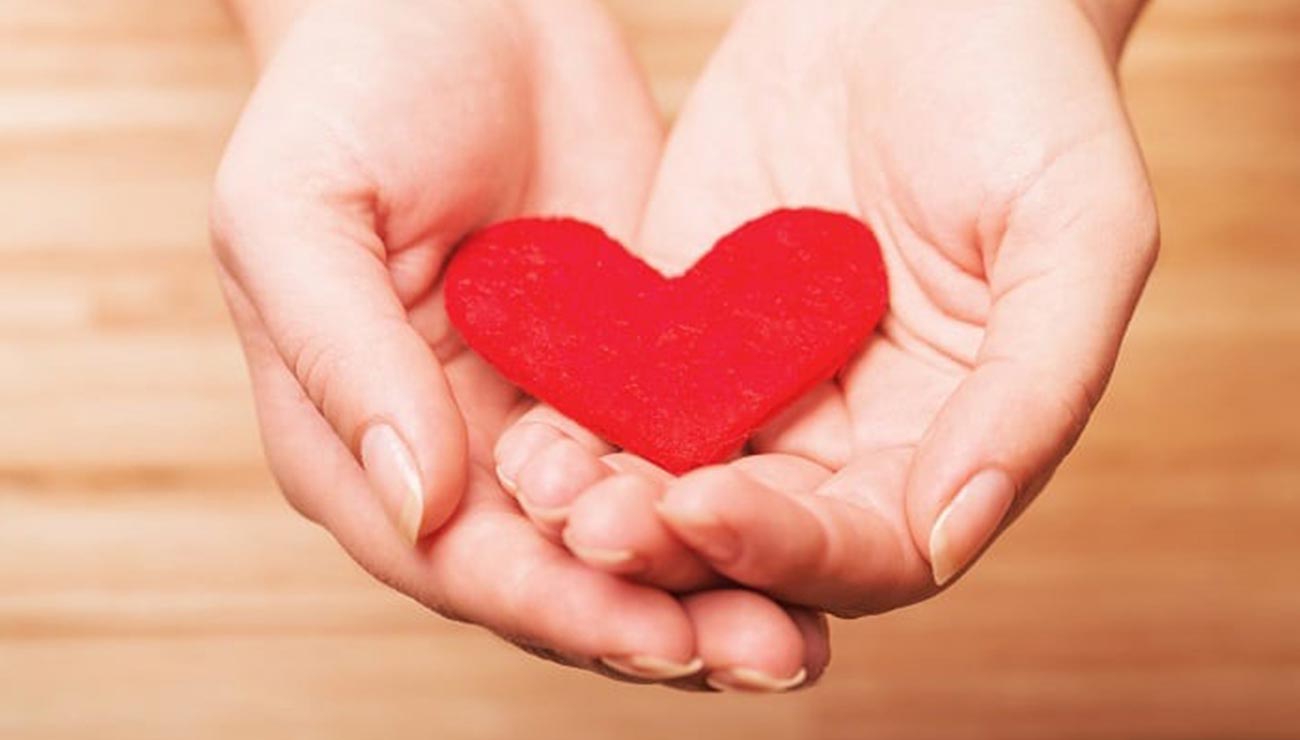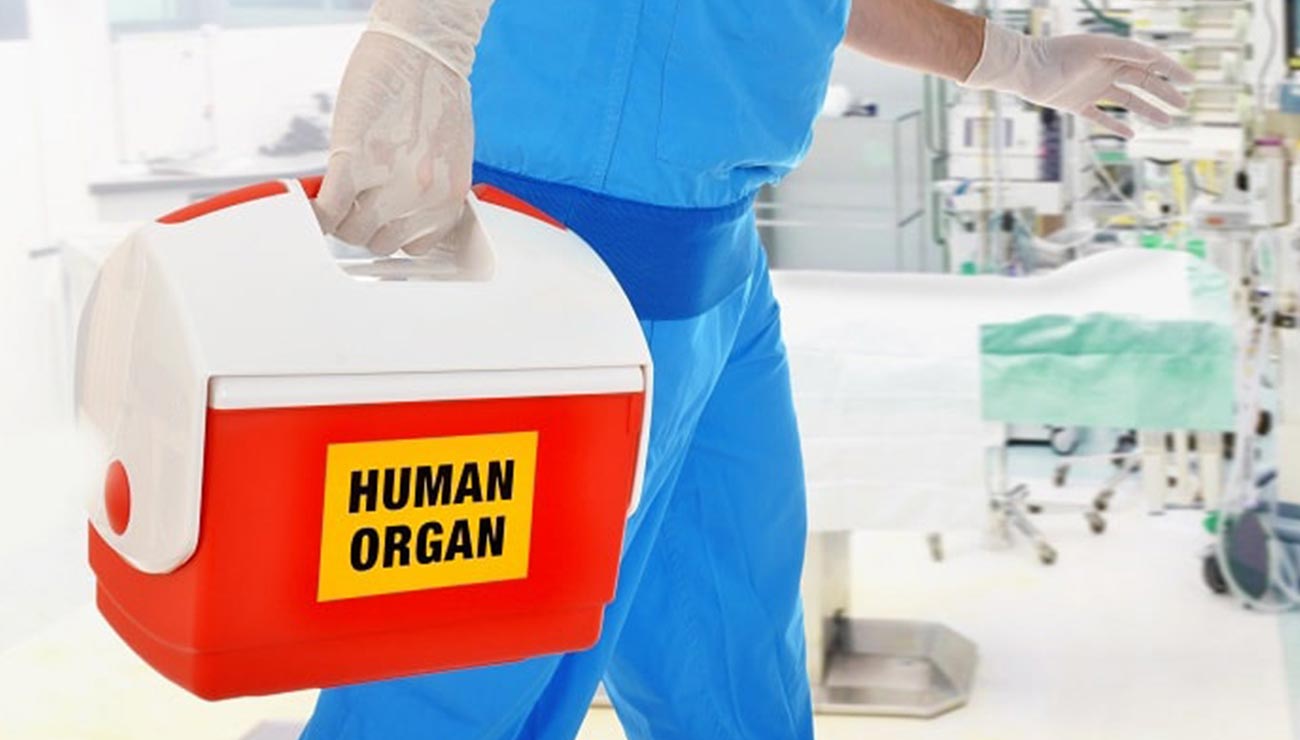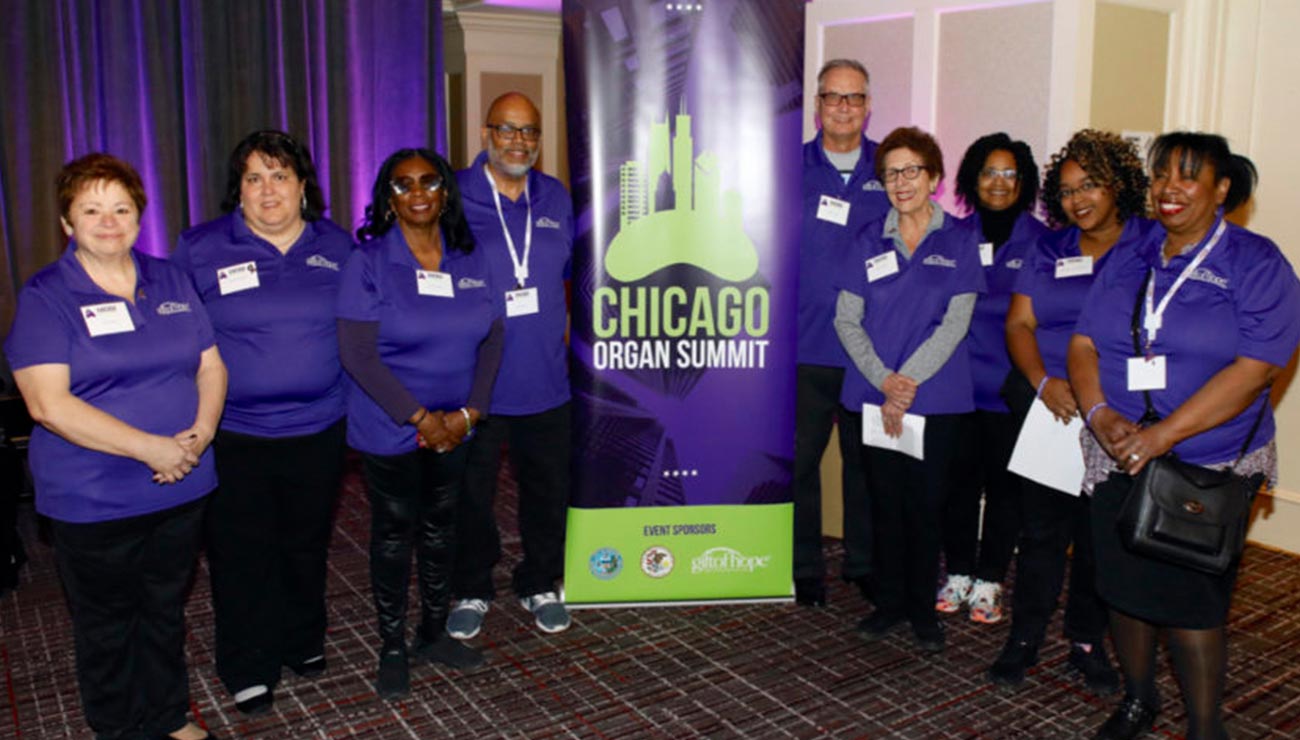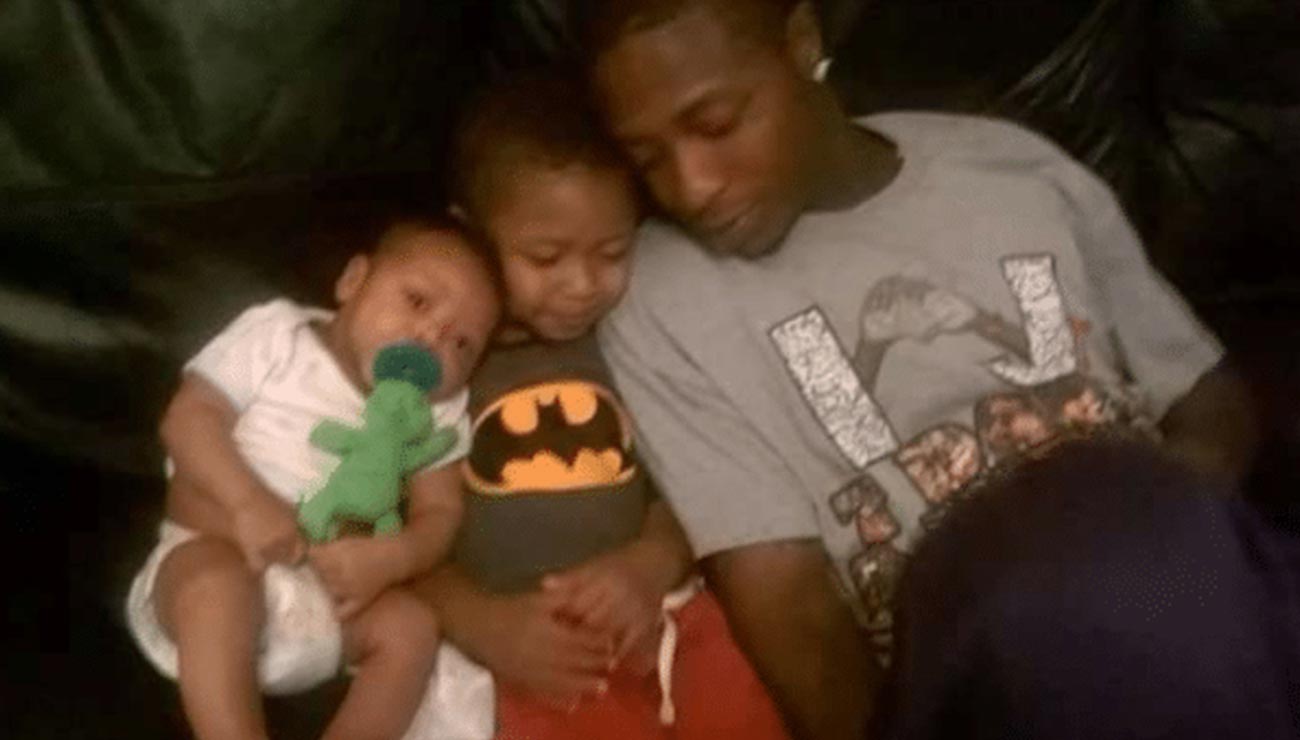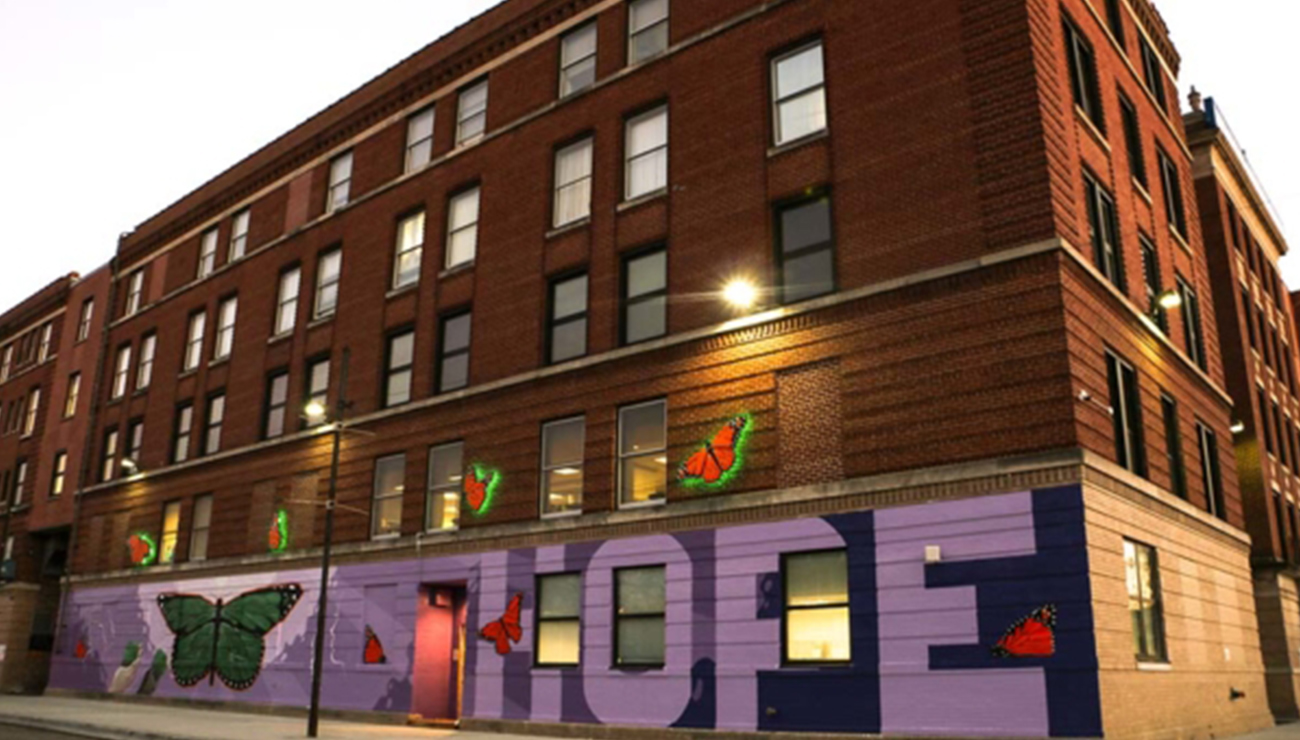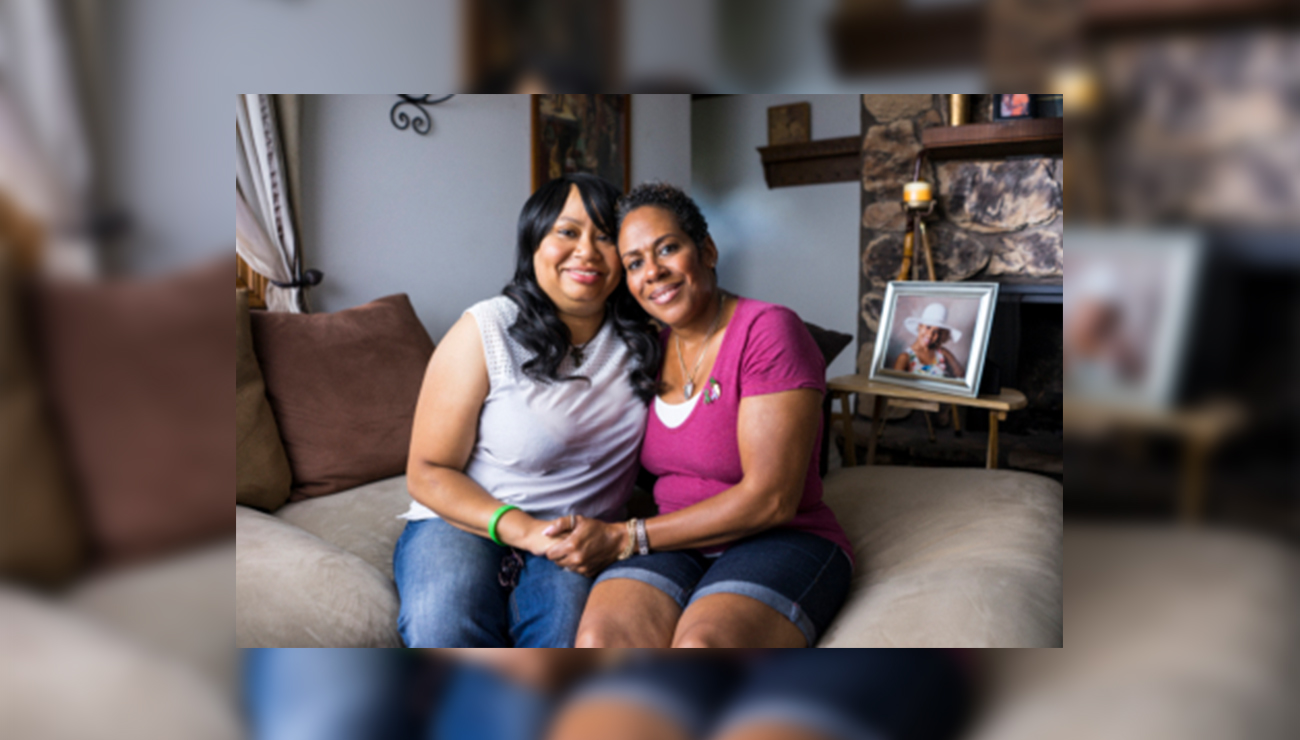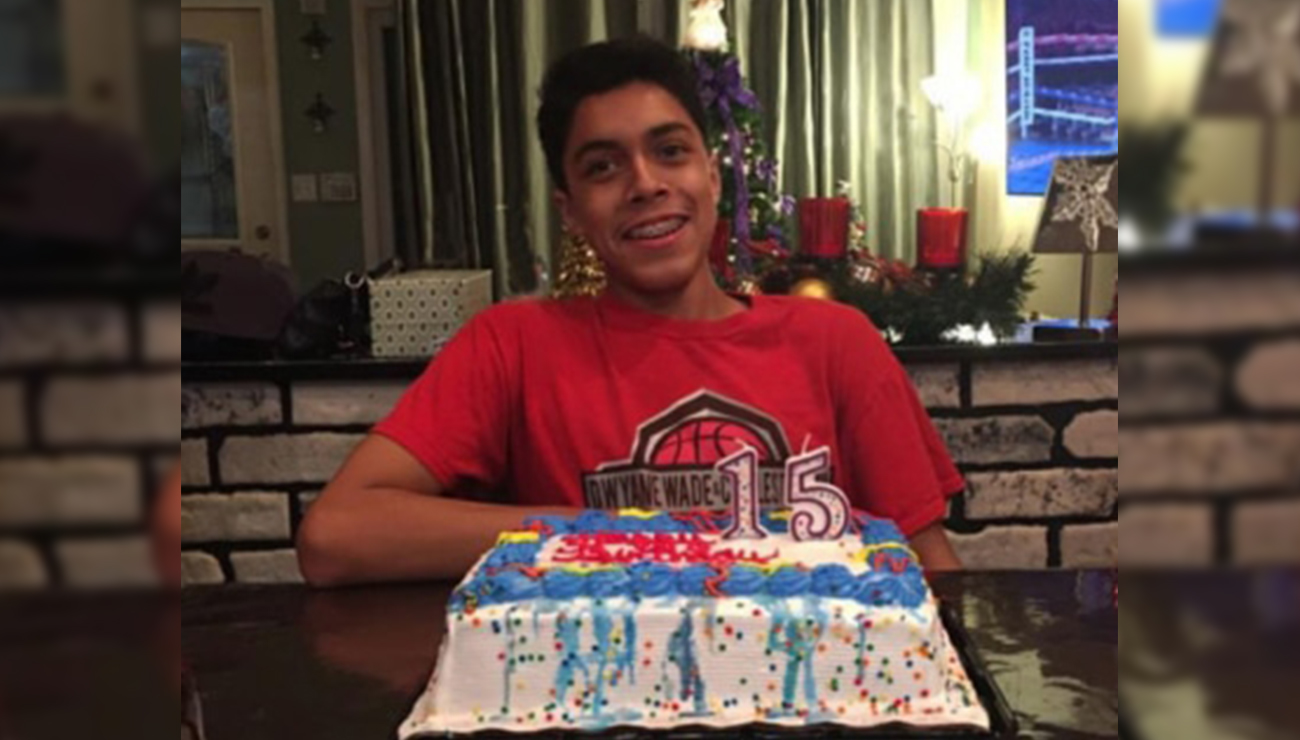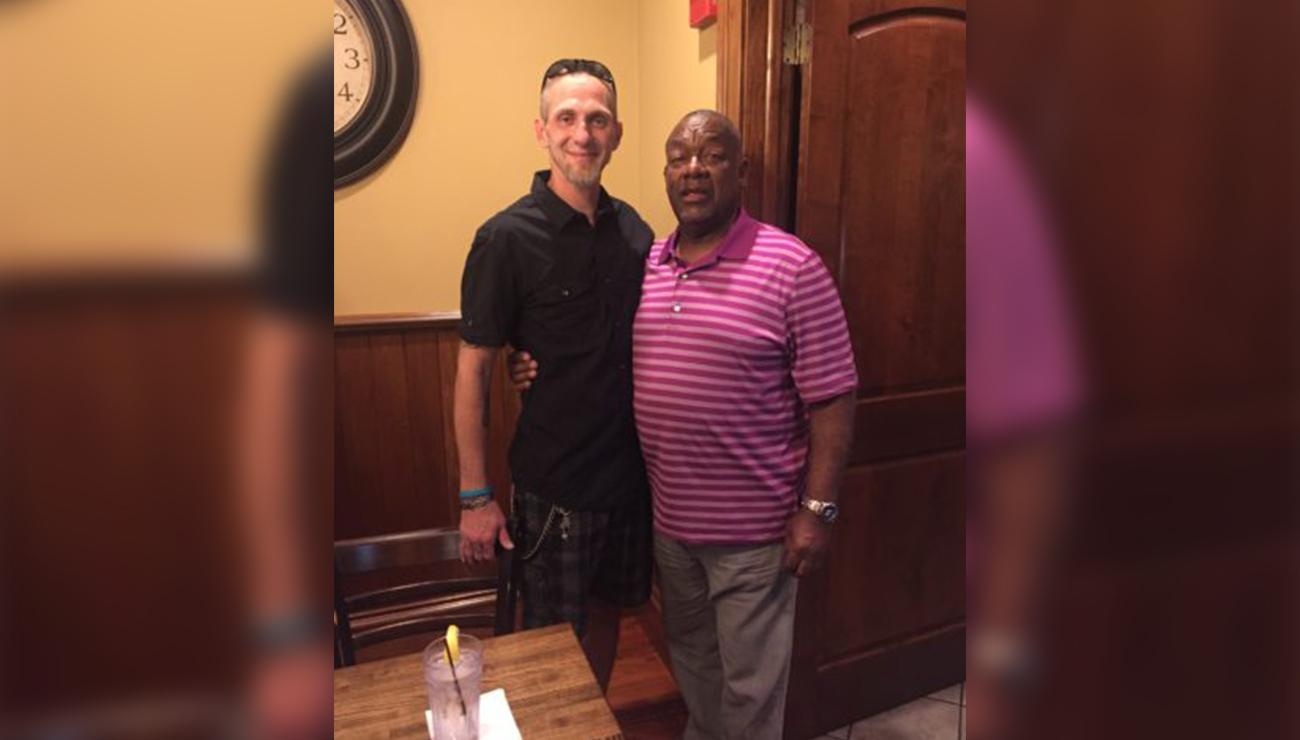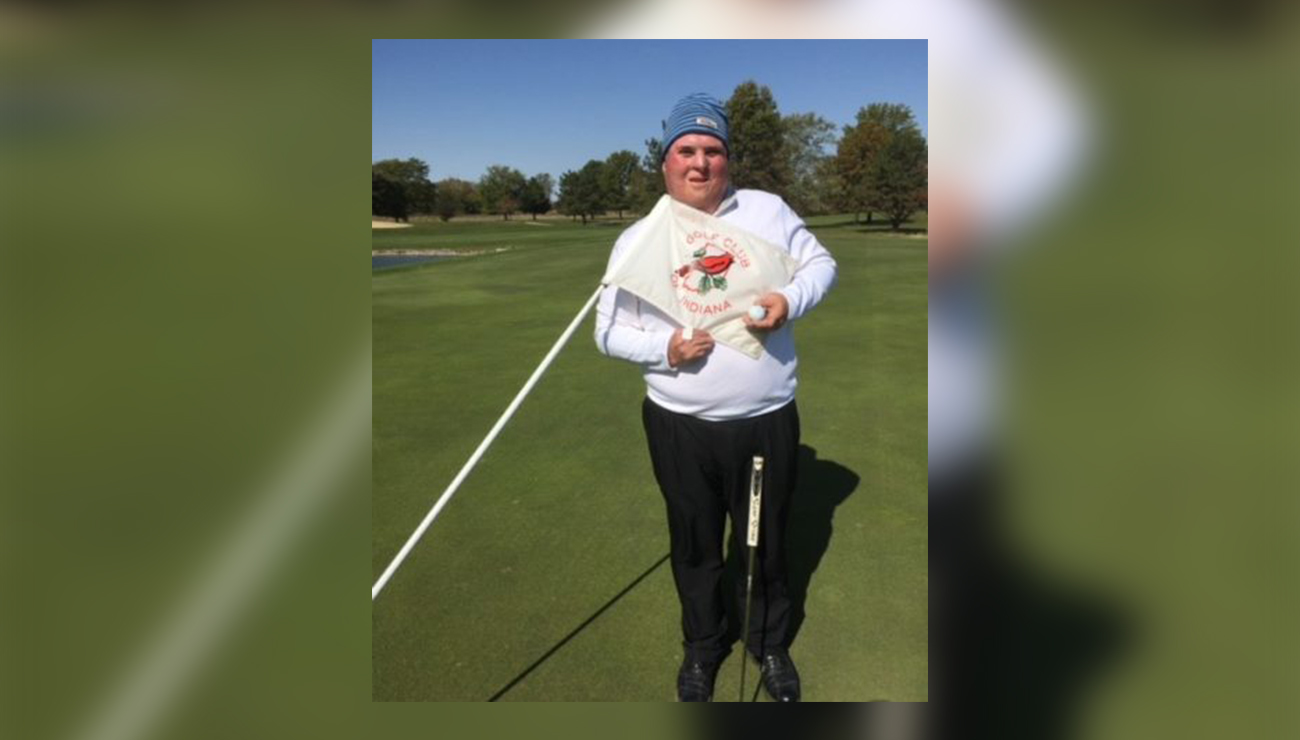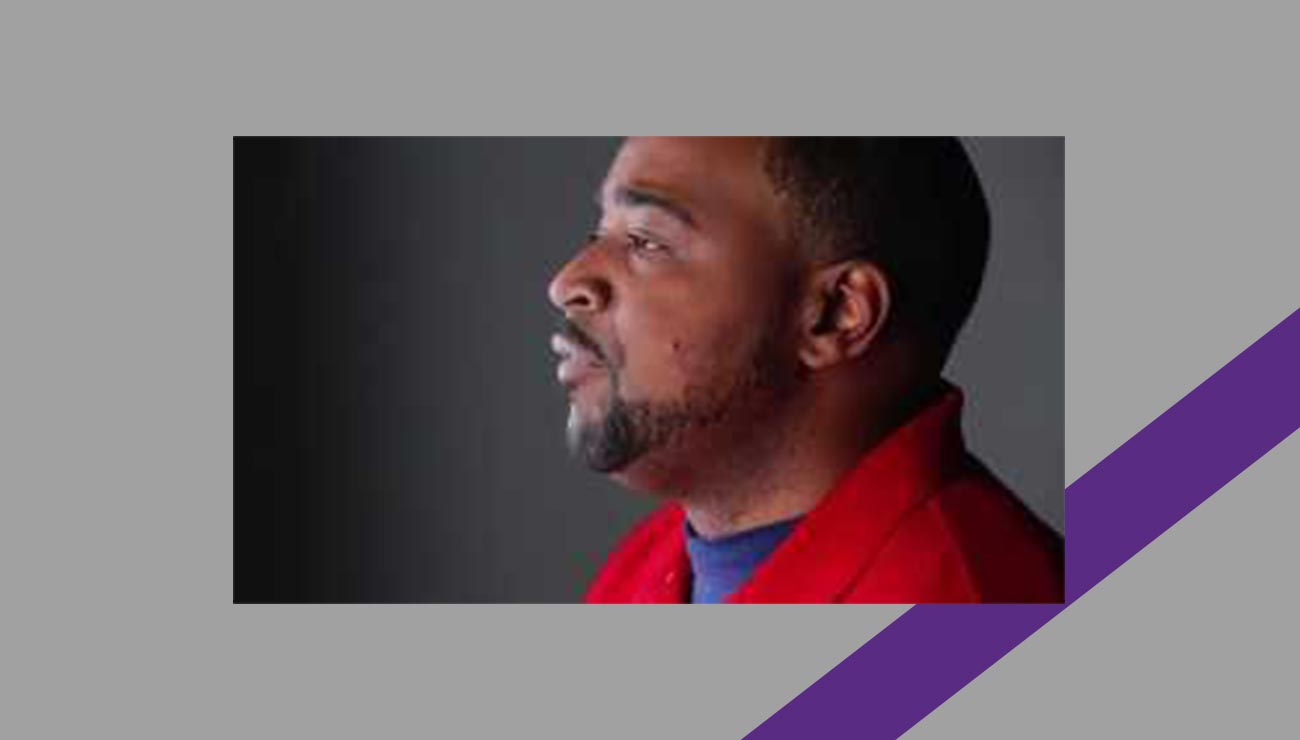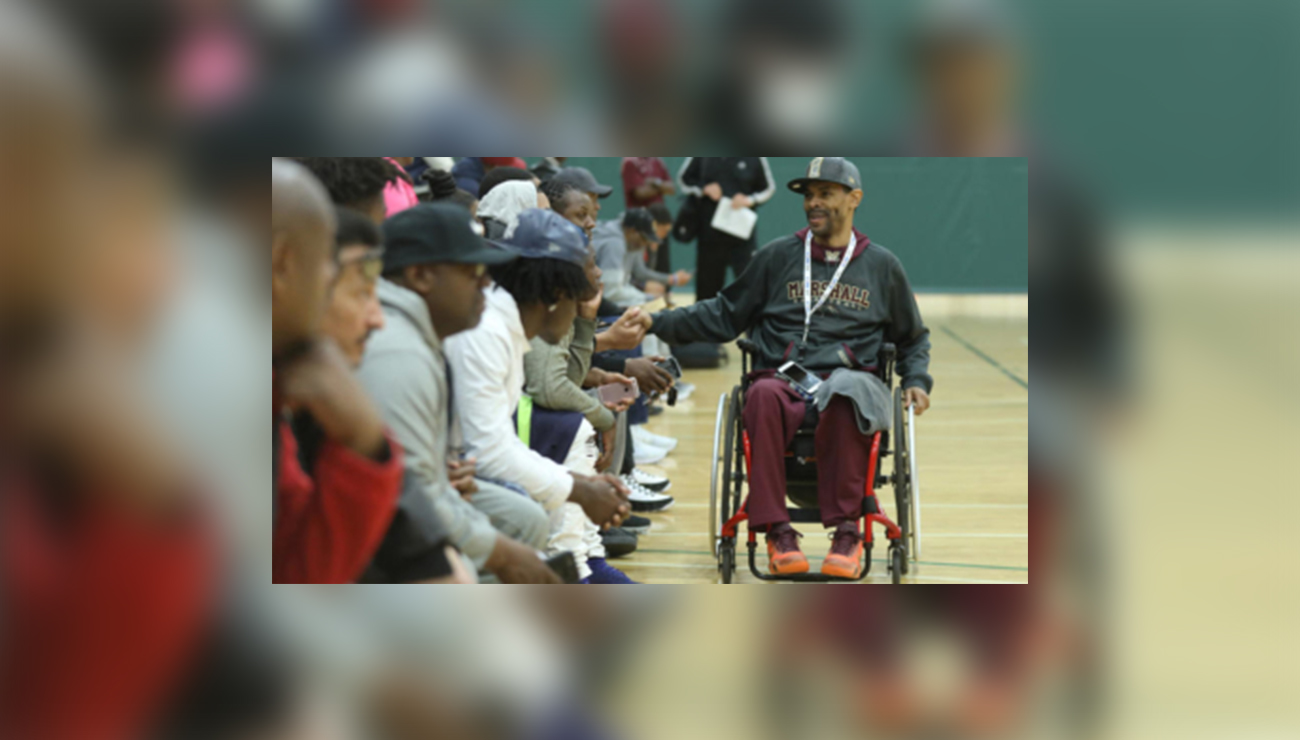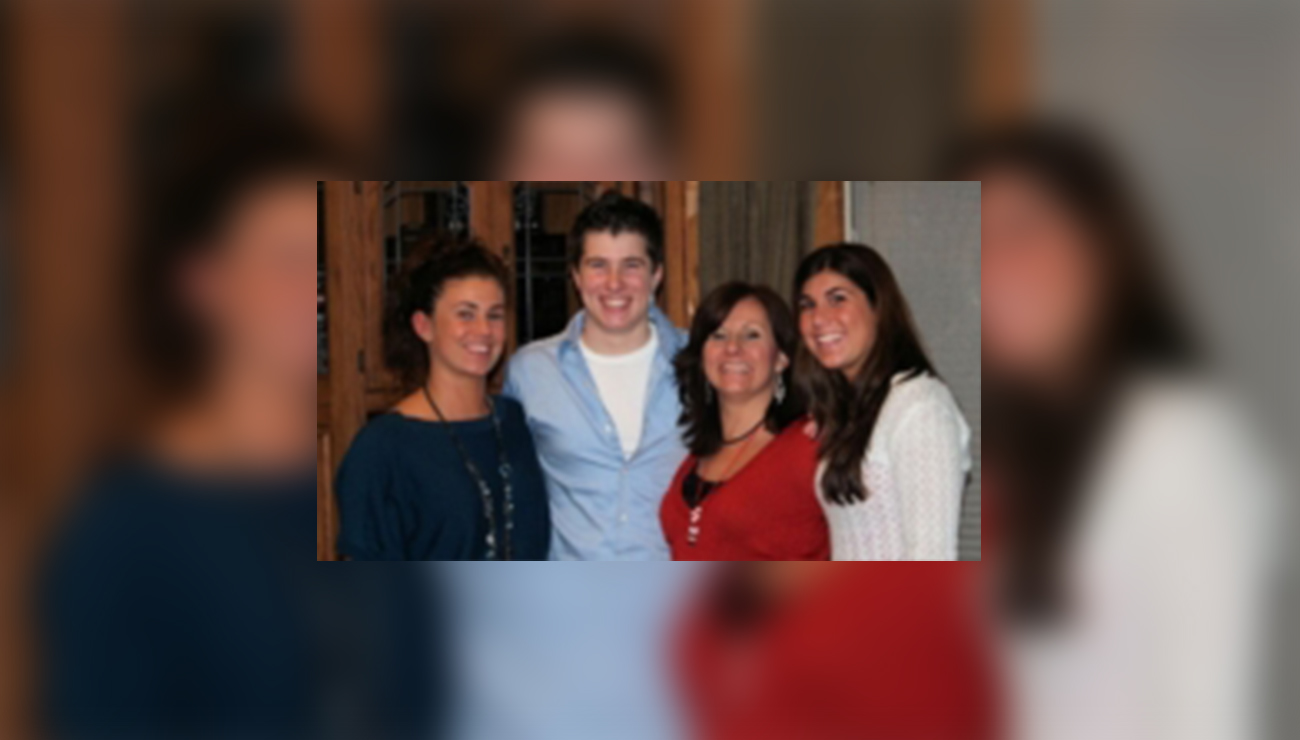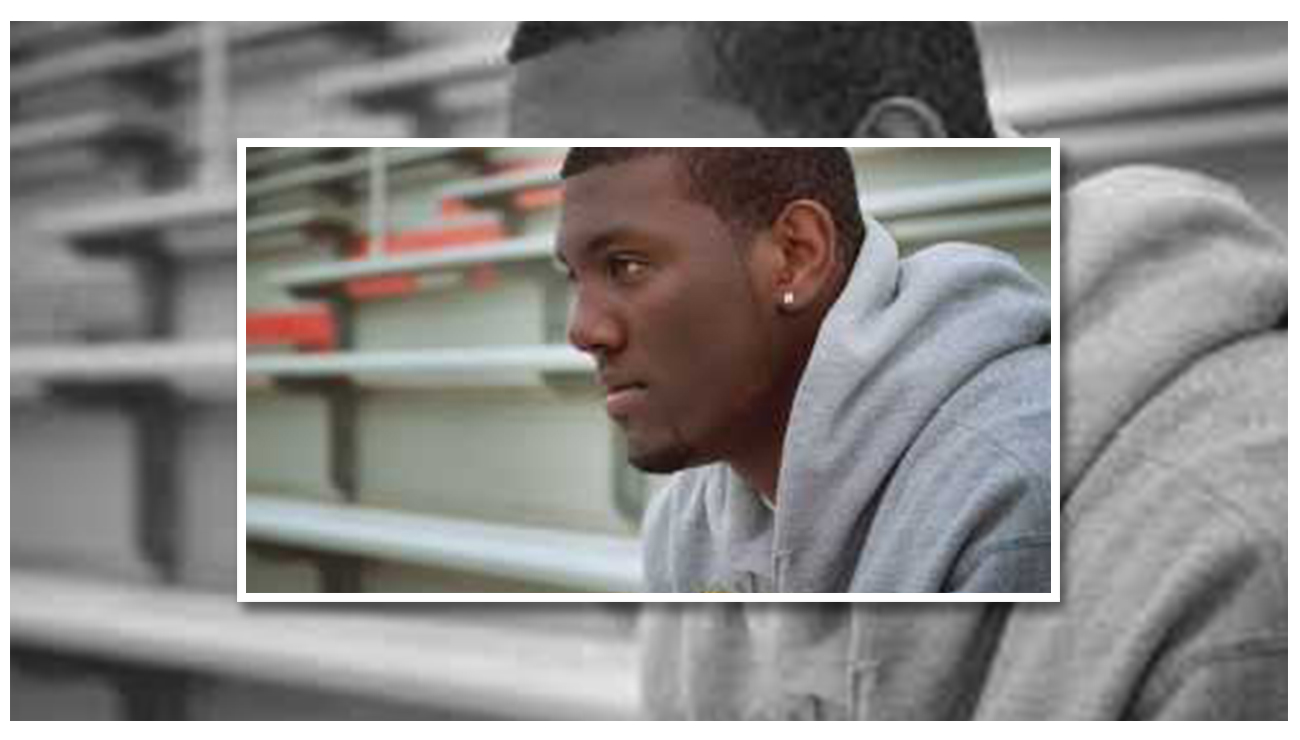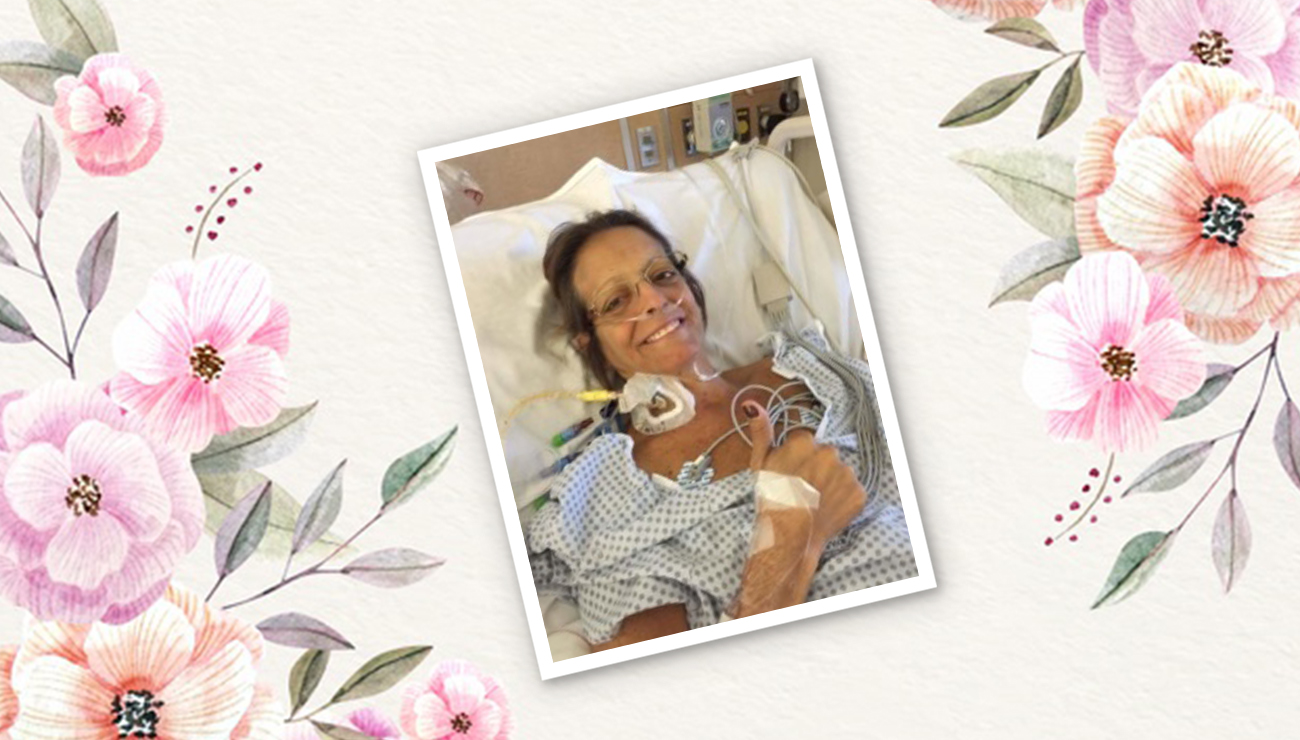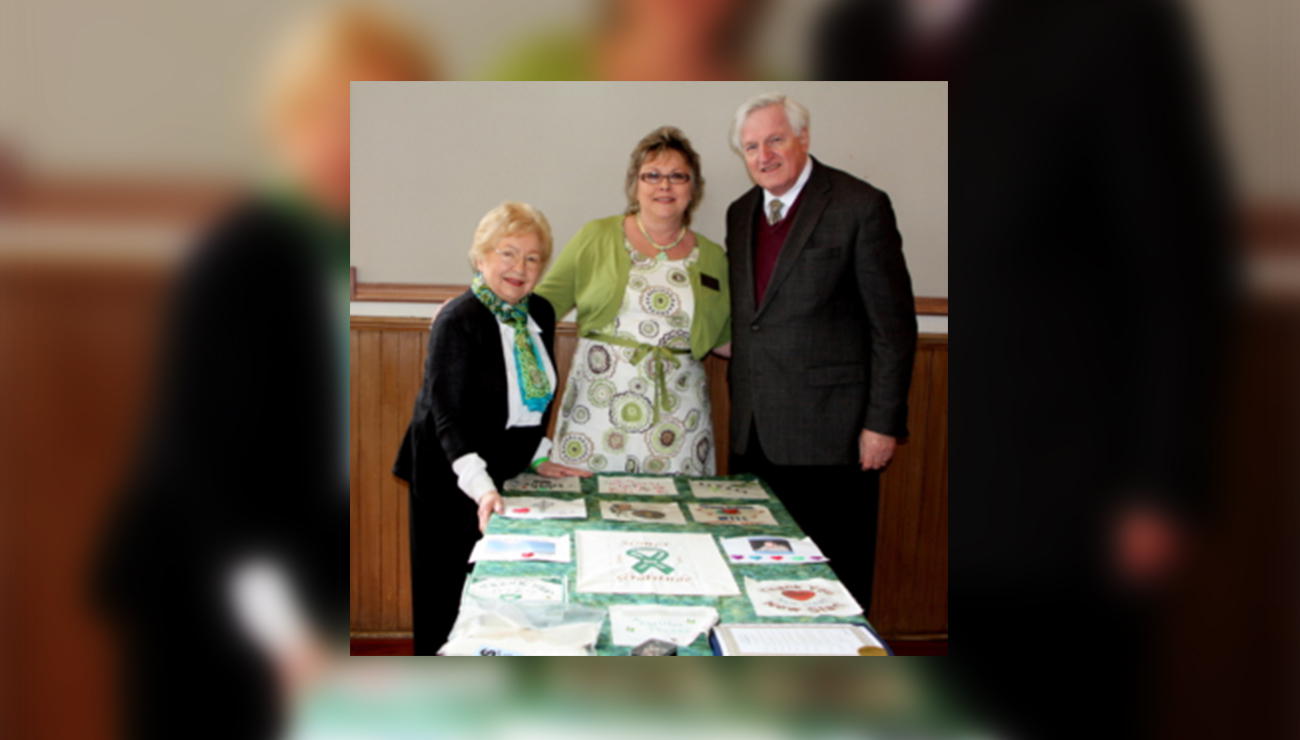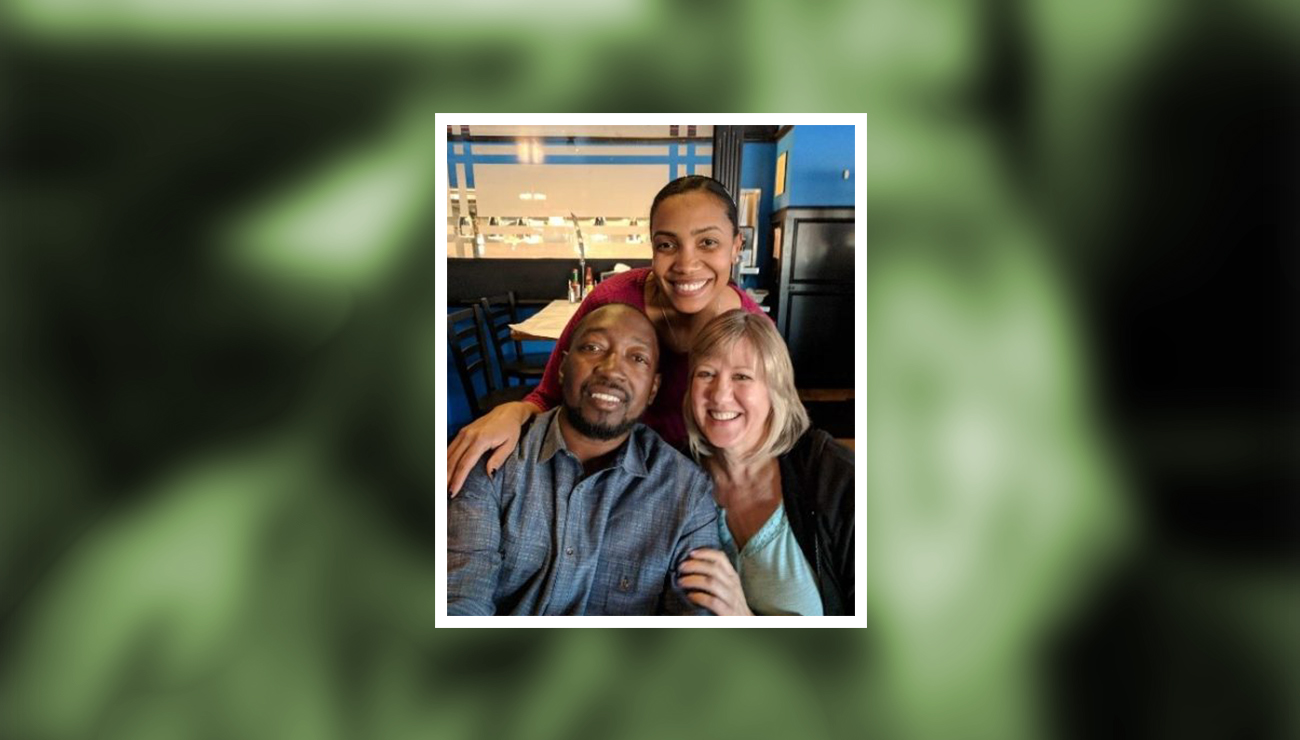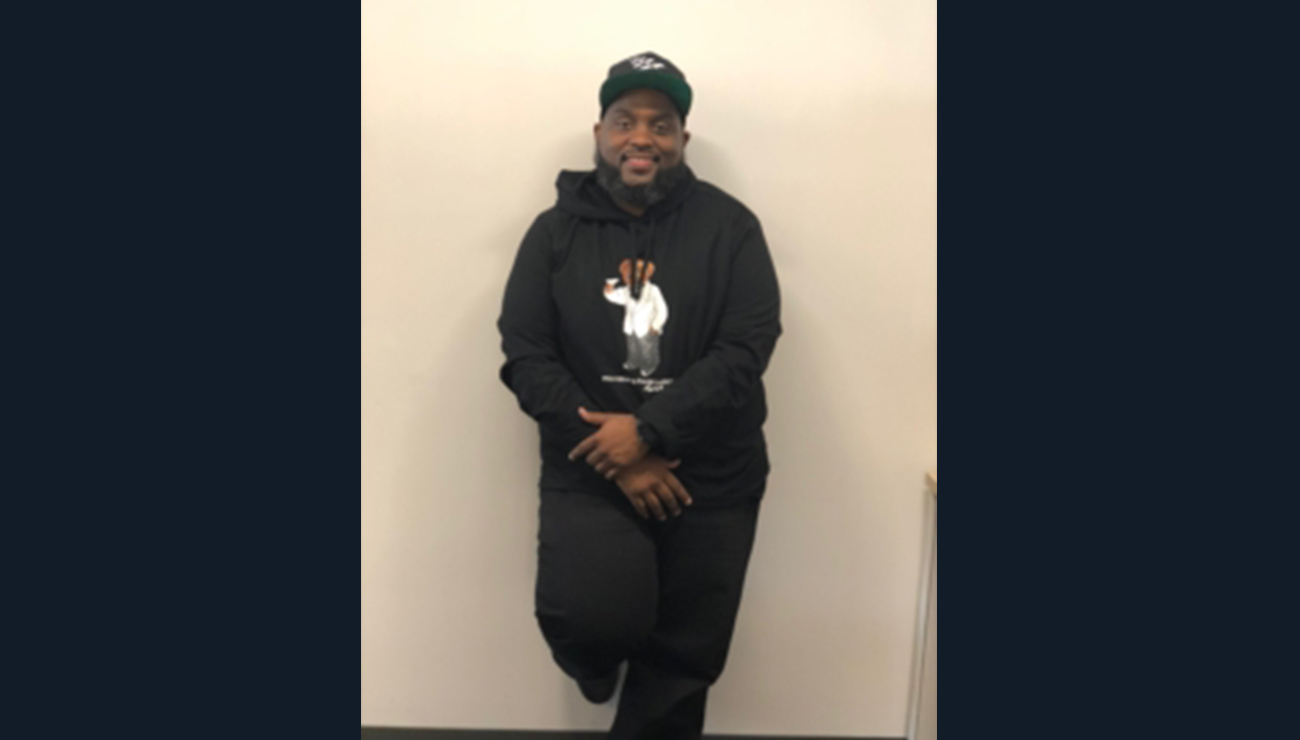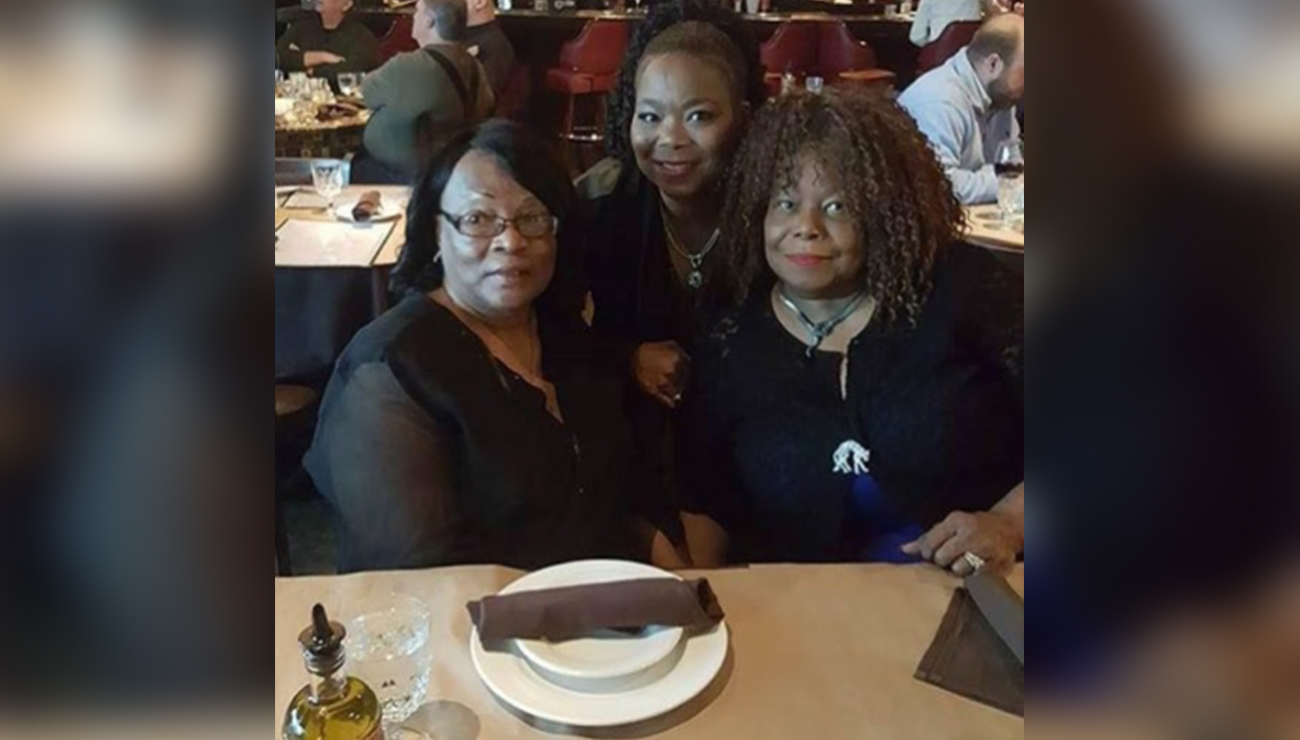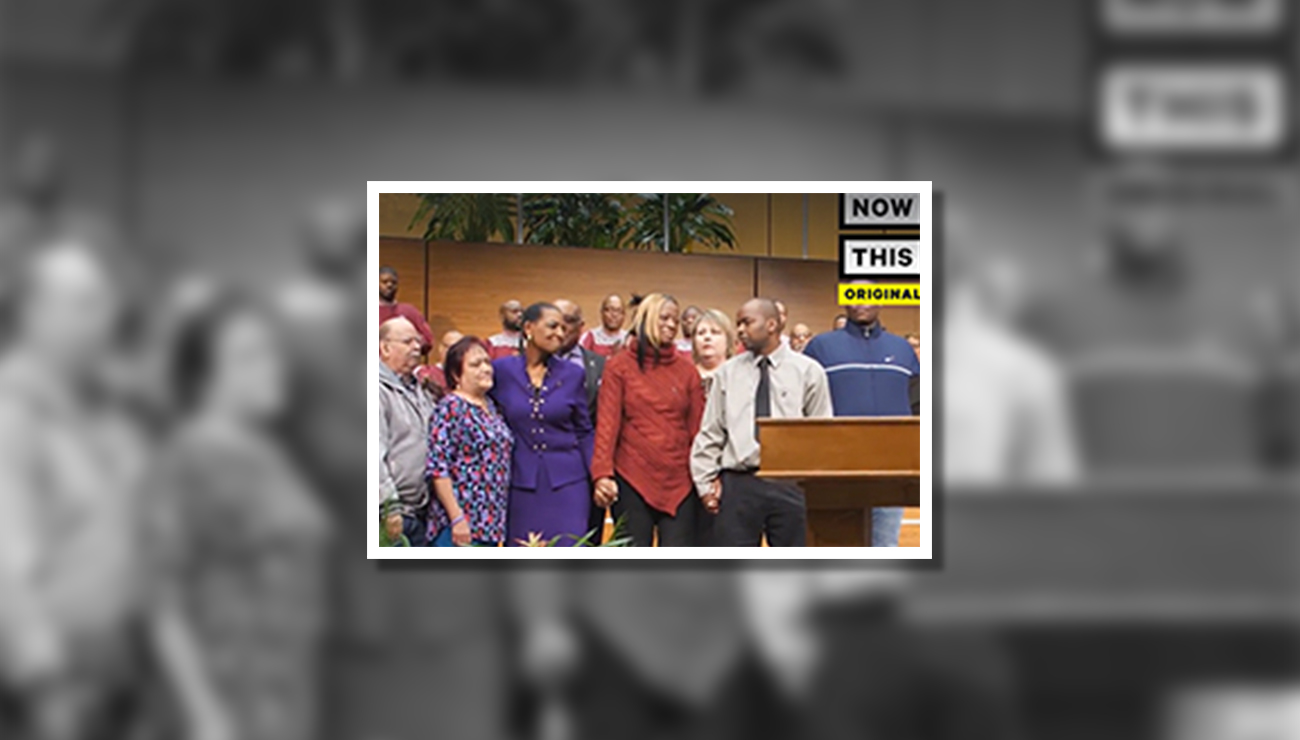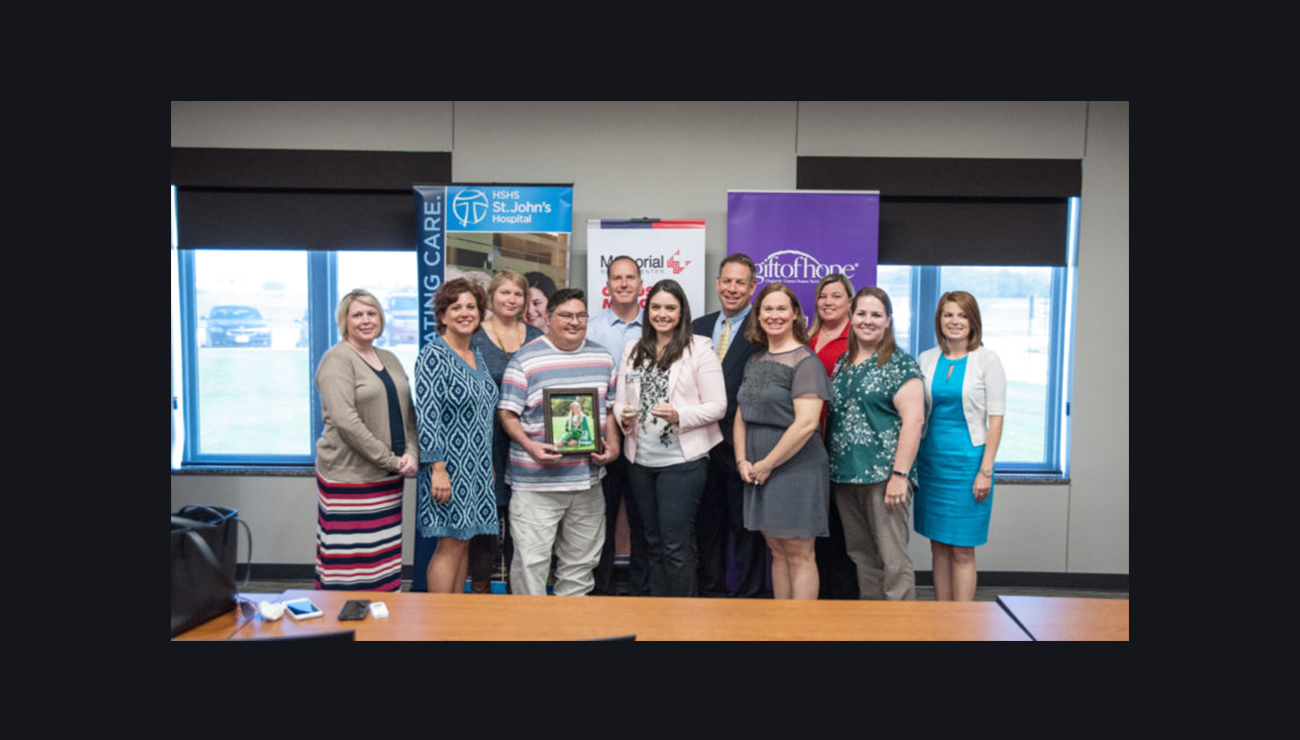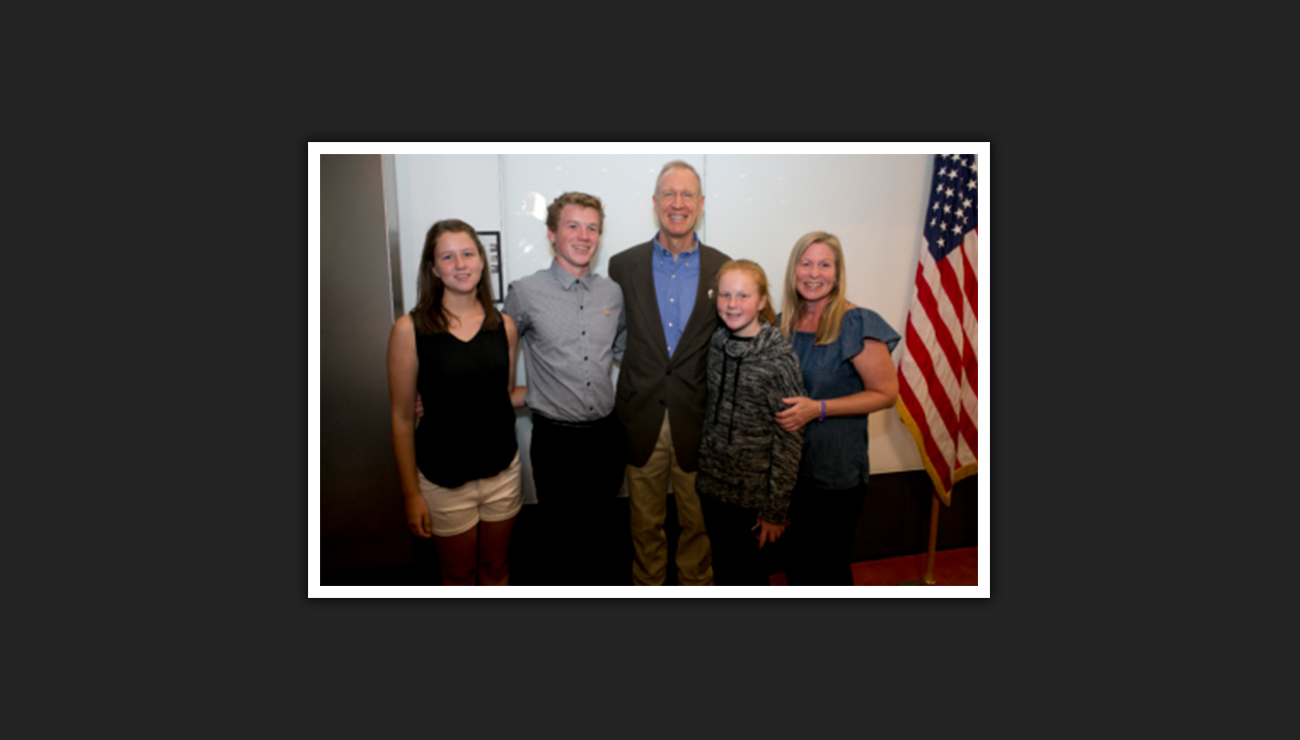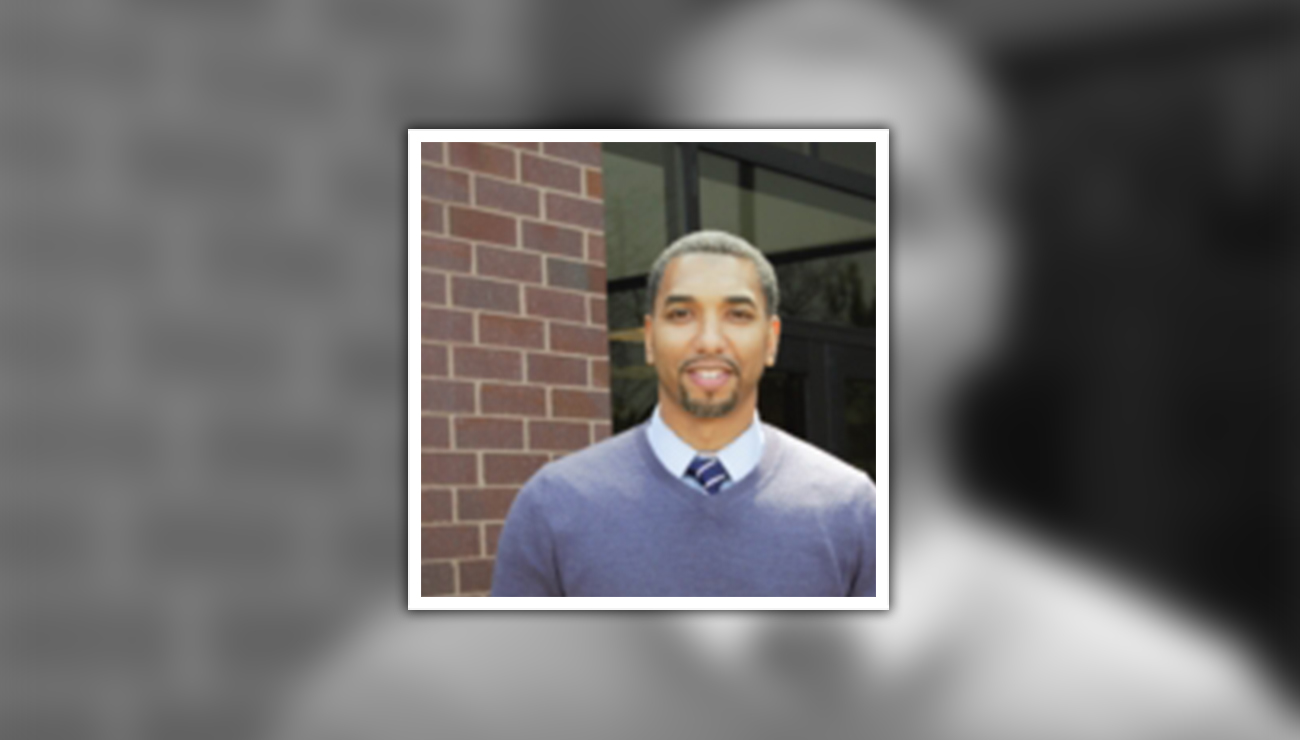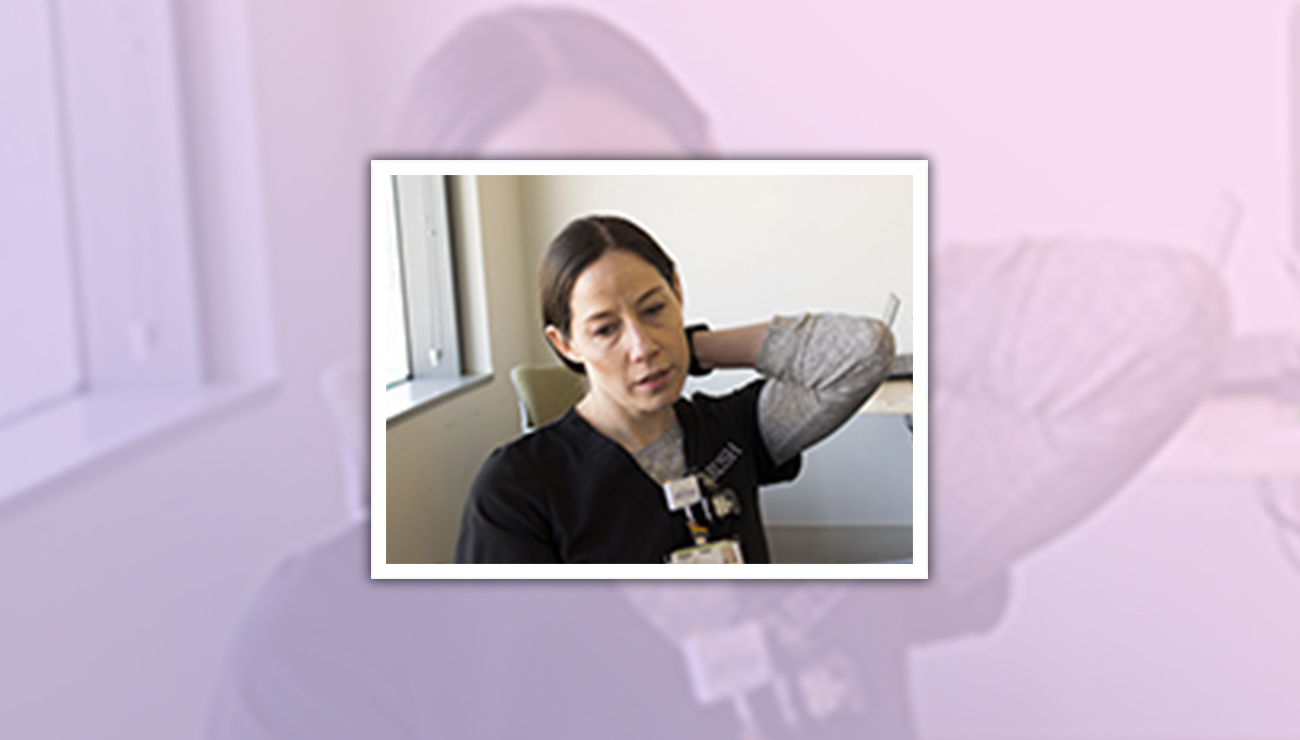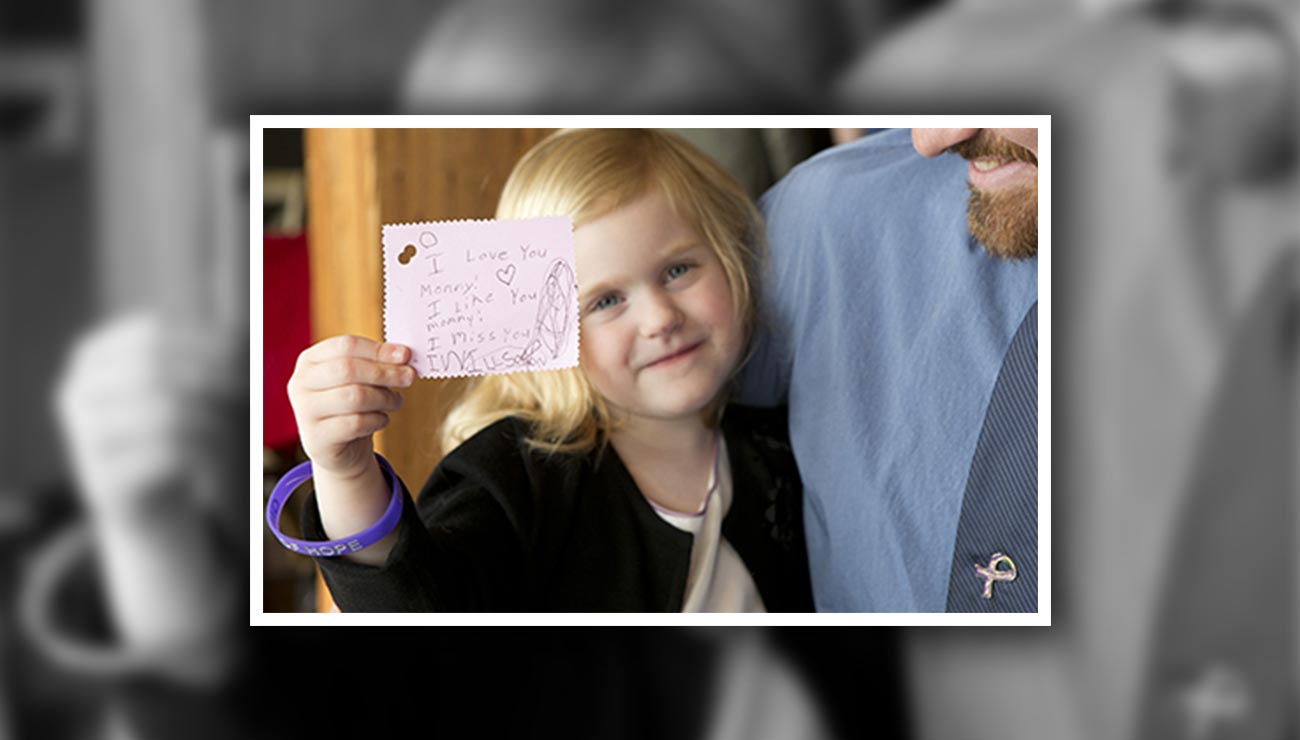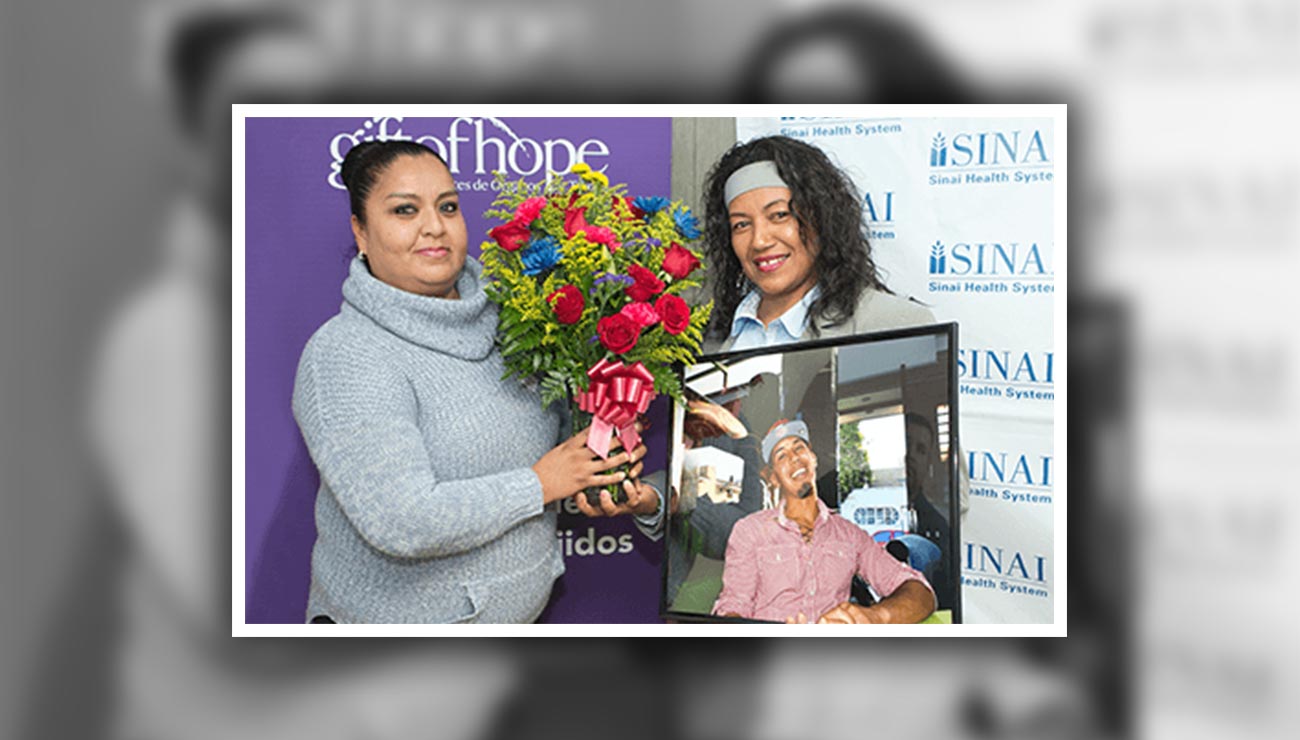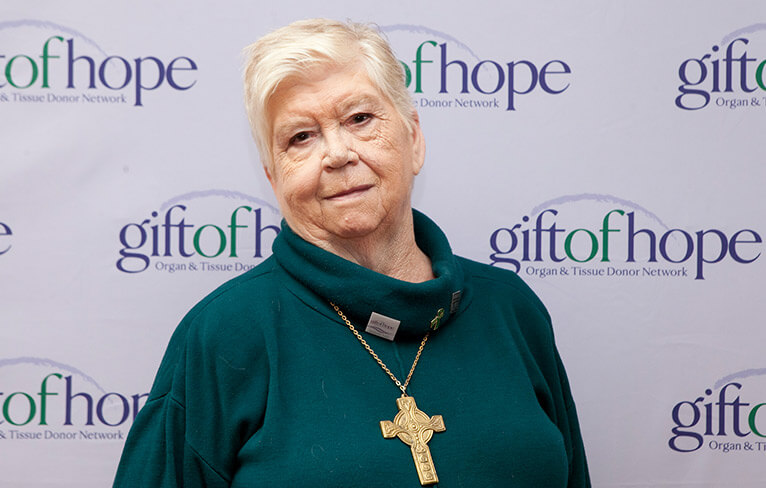Dr. Silvio Morales Shares the Importance of Organ and Tissue Donation for the Hispanic Community
“Every year, organ transplantation gives thousands of adults and children a renewed chance at living full and active lives. Almost anyone, regardless of age, race, or gender can become an organ and tissue donor, but the need for organs and tissue outweighs their availability. Sadly, nearly 110,000 people are currently on the national transplant waiting list, hoping to survive each day until organs can be found to save their lives. Hispanics suffer disproportionately from diseases such as diabetes, hypertension, and heart disease, which can put patients at risk for organ failure and lead to the need for organ transplants. According to the U.S. Department of Health and Human Services Office of Minority Health, while 20.4 percent of the total candidates currently waiting for transplants are Hispanic, they comprised only 14.6 percent of organ donors in 2019. This is important because although organs are not matched according to race/ethnicity, all individuals waiting for an organ transplant have a better chance of receiving one if there are large numbers of donors from their racial/ethnic background. This is because compatible blood types and tissue markers—very important qualities for donor/recipient matching—are more likely to be found among members of the same ethnicity. A greater diversity of donors may potentially increase access to transplantation for everyone. During Hispanic Heritage Month, I encourage my fellow Hispanic Americans to register to become organ/tissue donors; sign up when you renew your driver’s license; and have a family discussion by sharing your desire to become an organ/tissue donor in life or after death. Committing to be an organ donor is a generous decision that can save the lives of up to eight individuals, and even more if a donor can give corneas and tissue.” Join the Organ and Tissue Donor Registry by Clicking Here or Texting HOPE to 51555.

